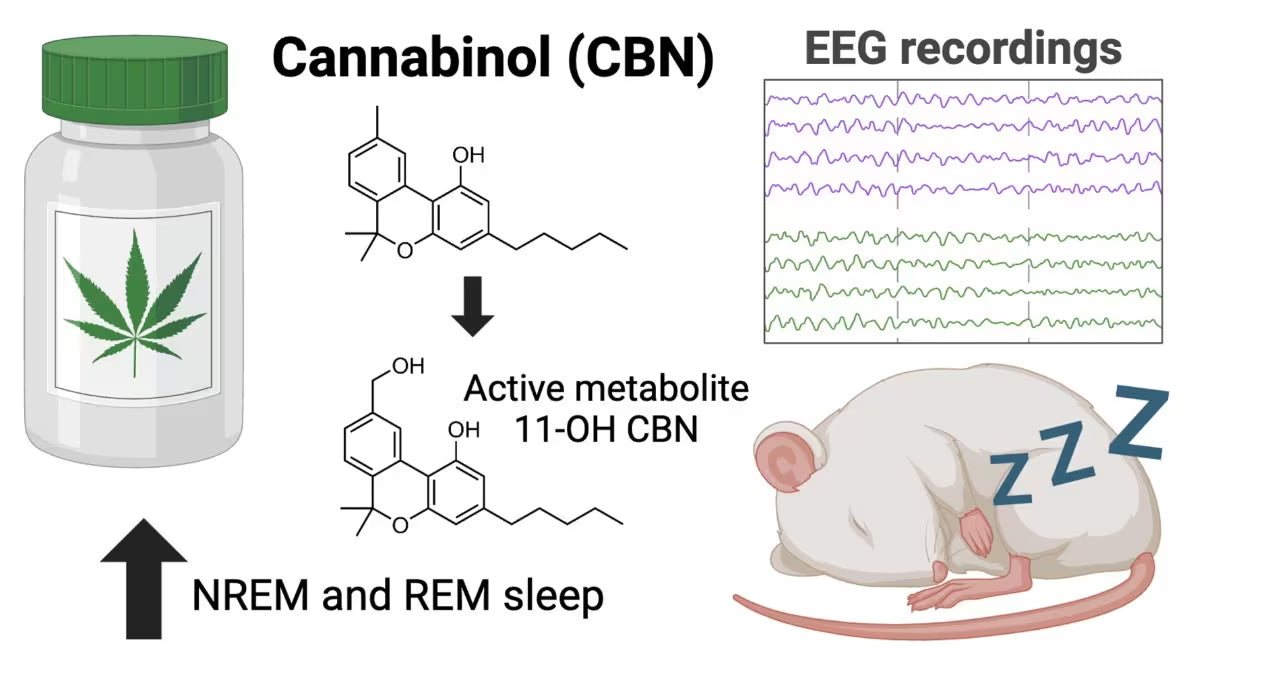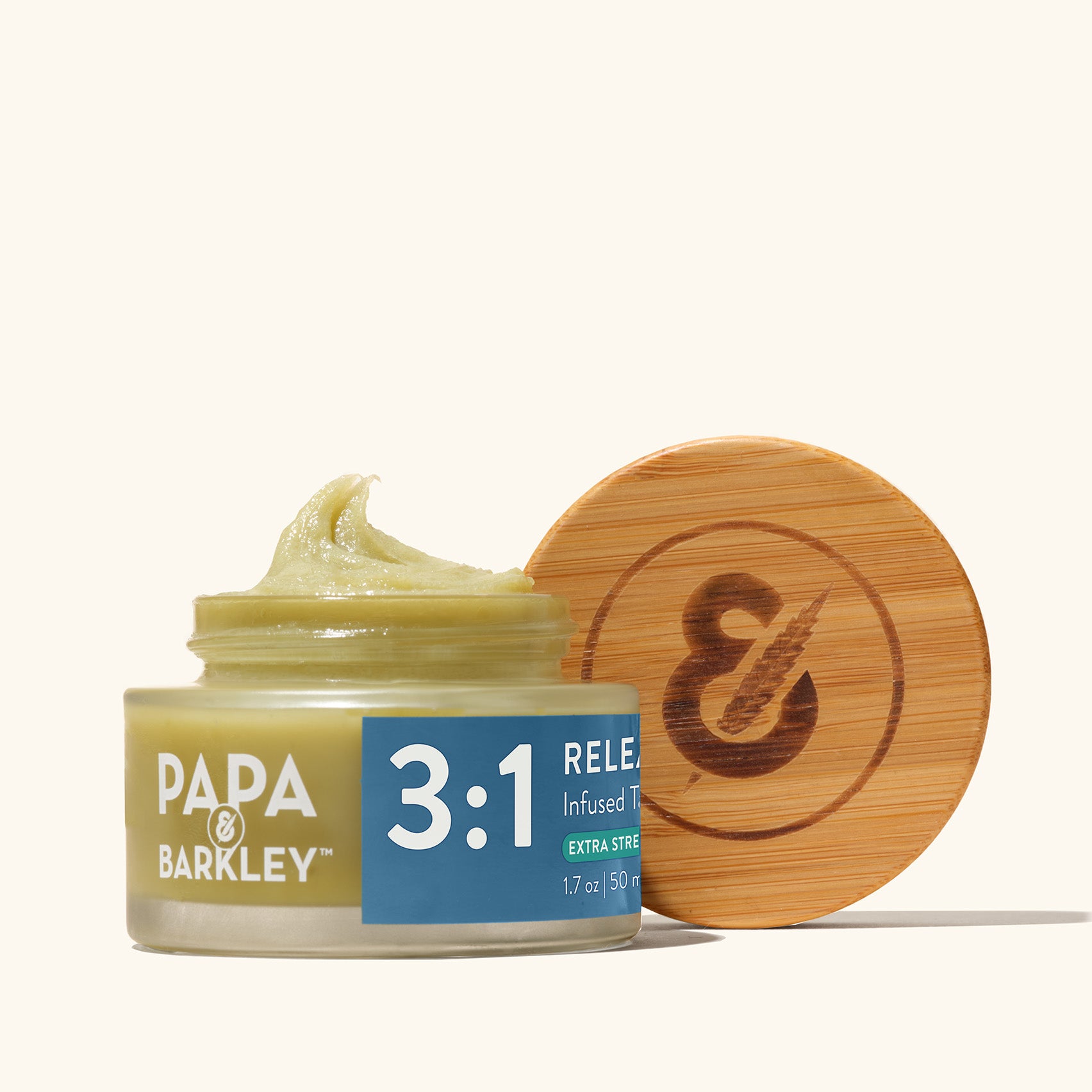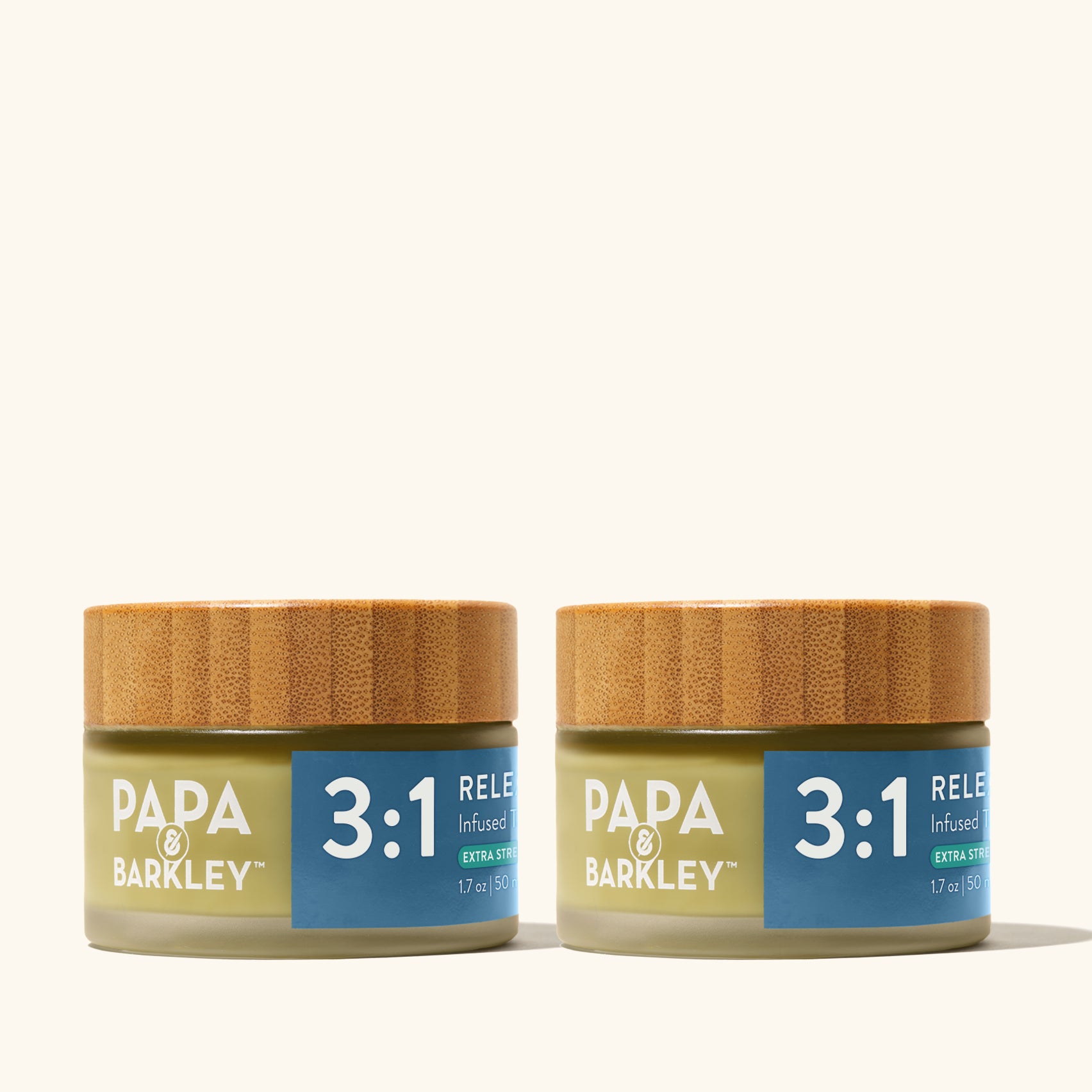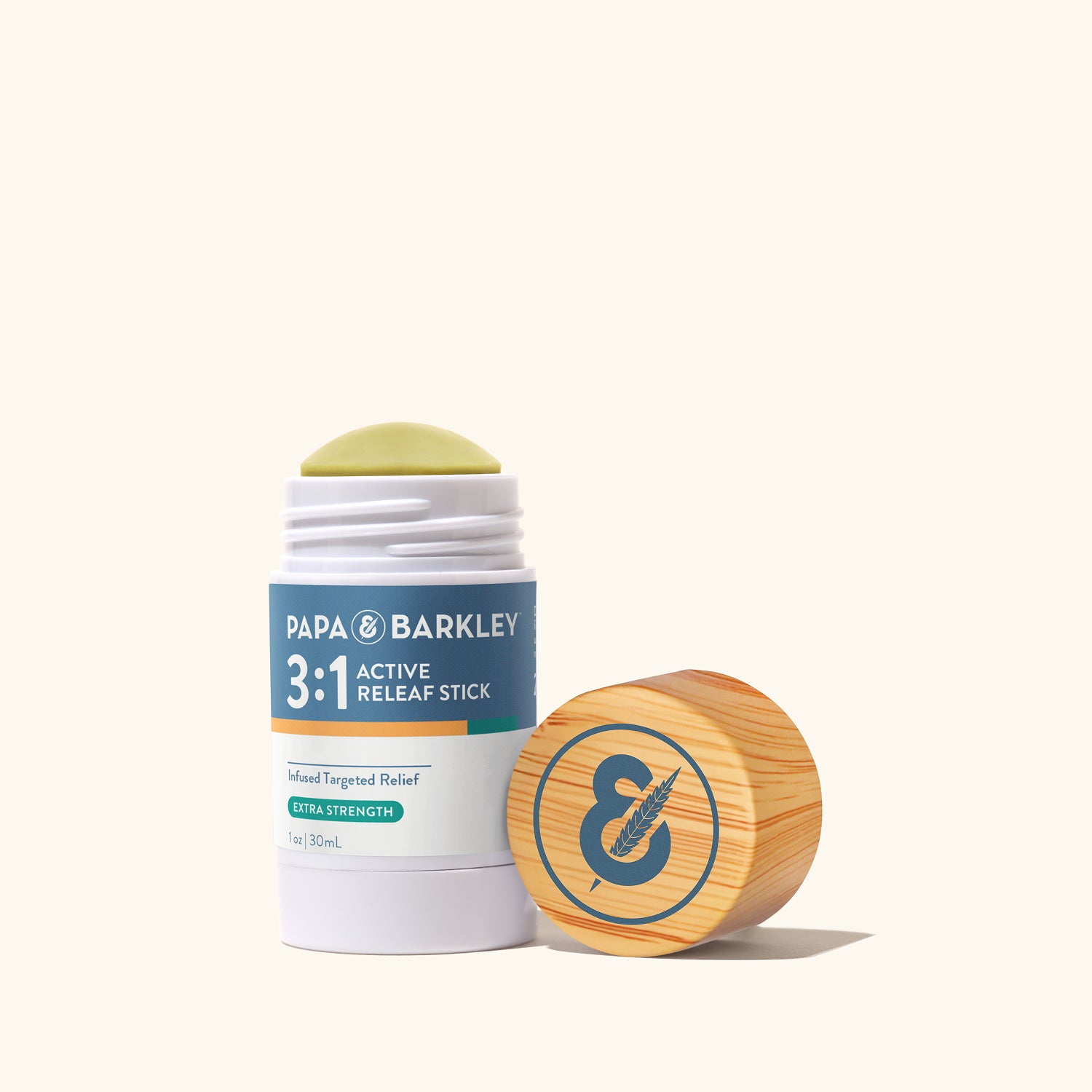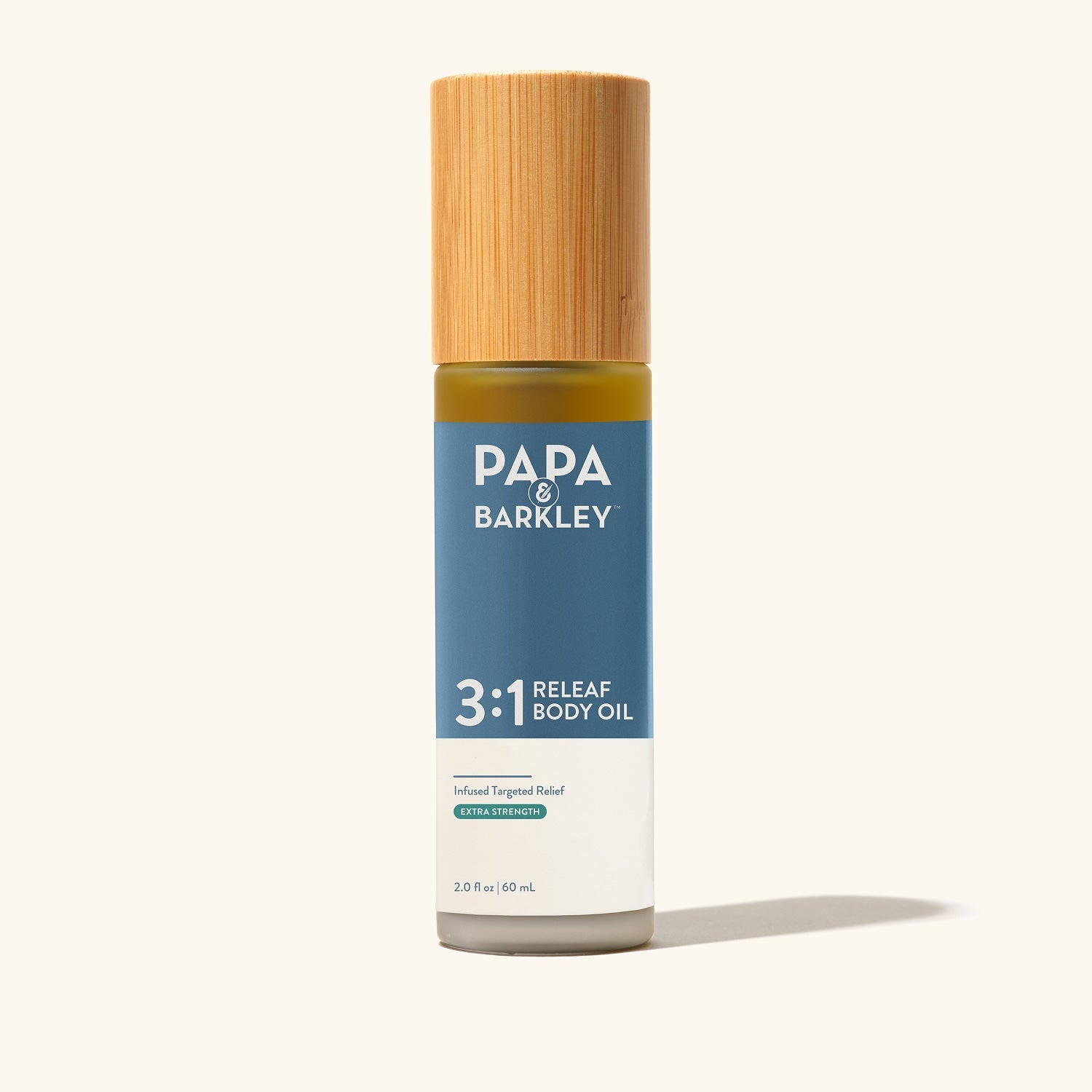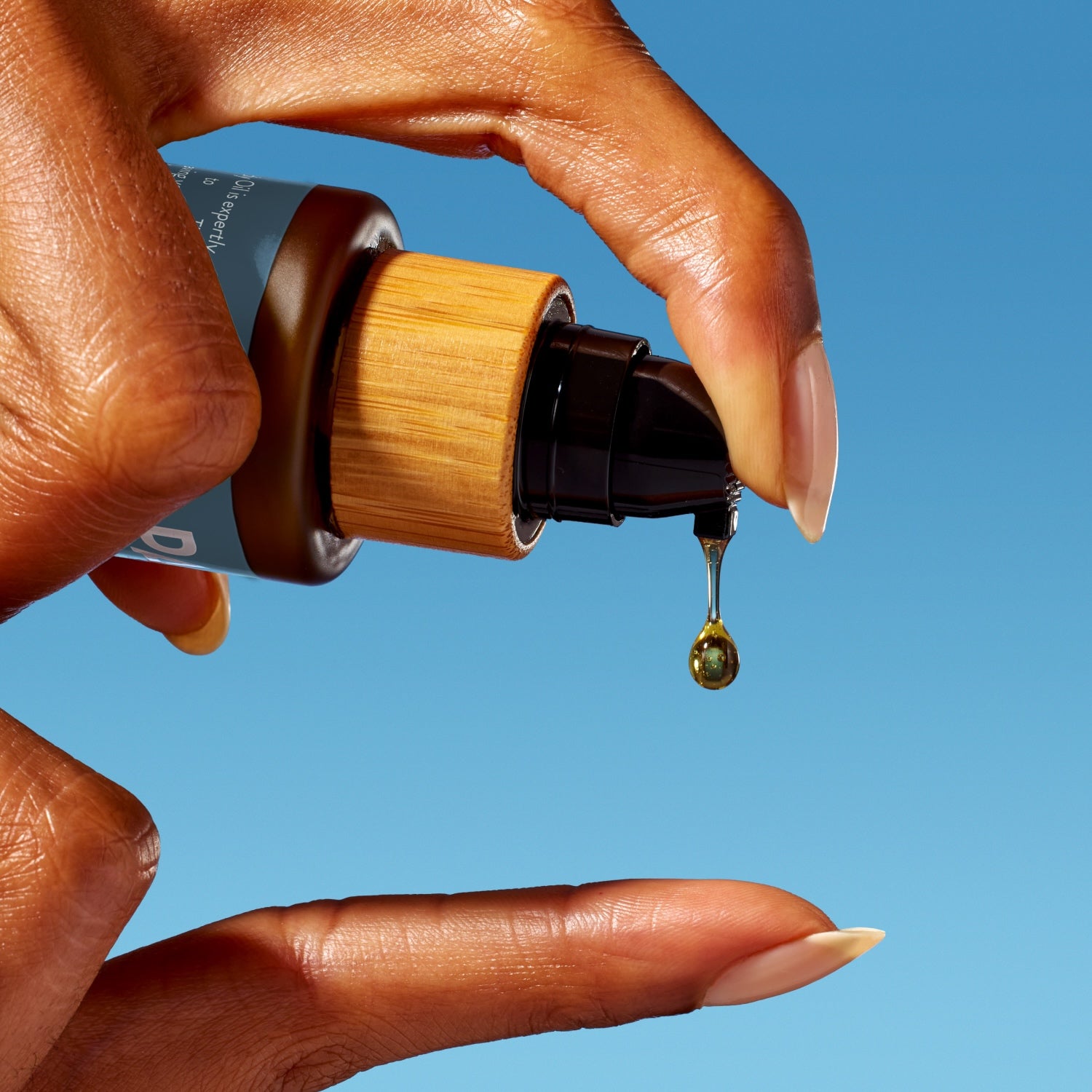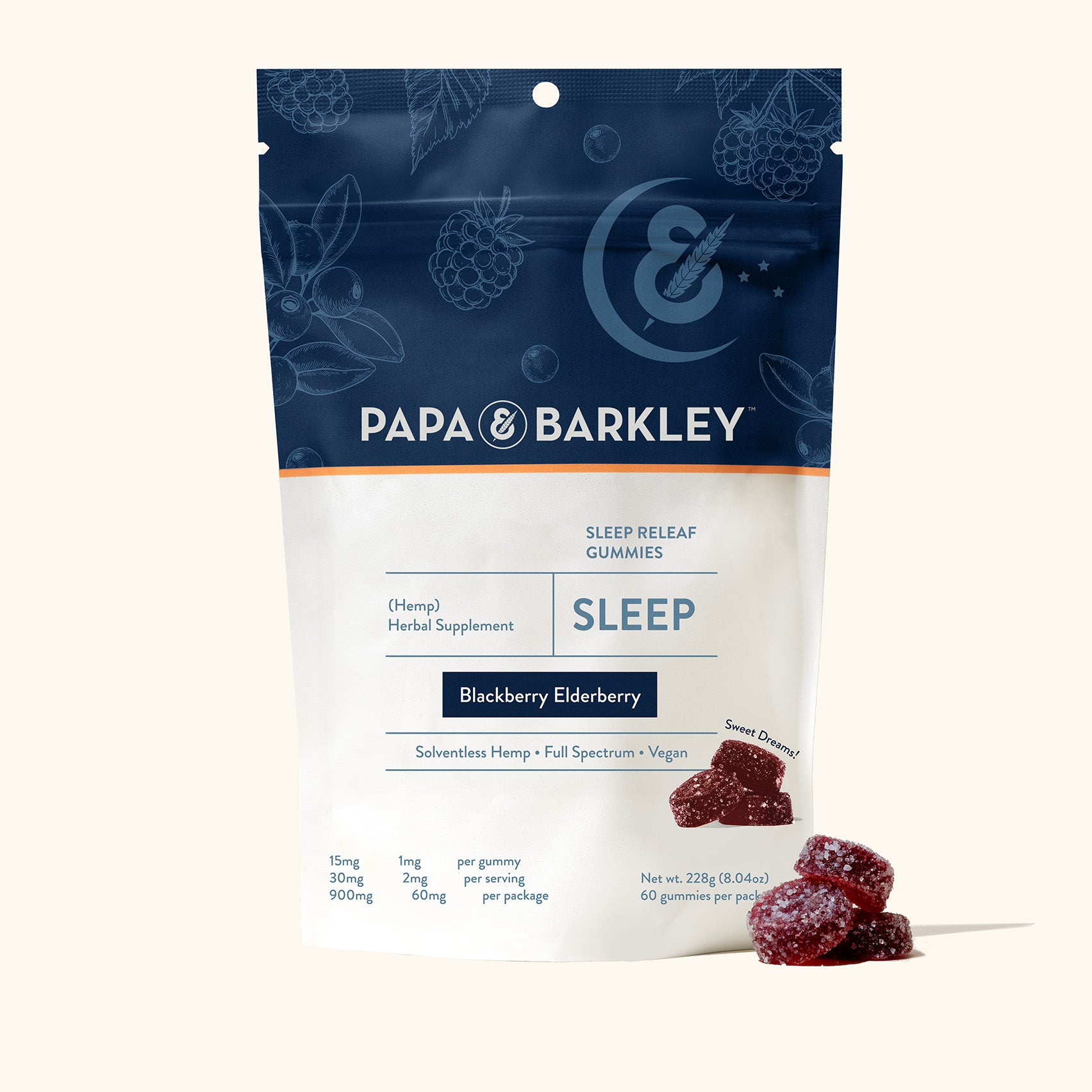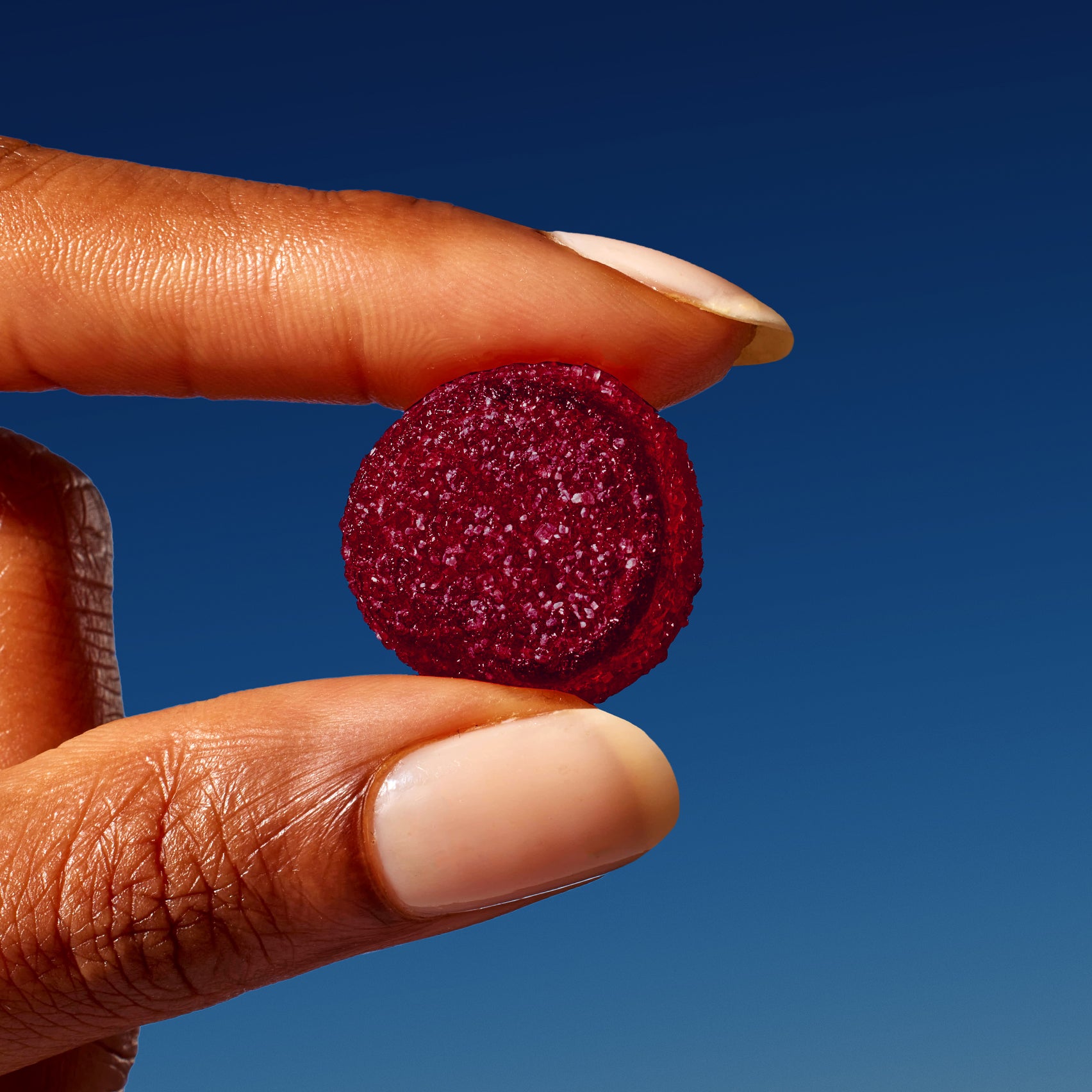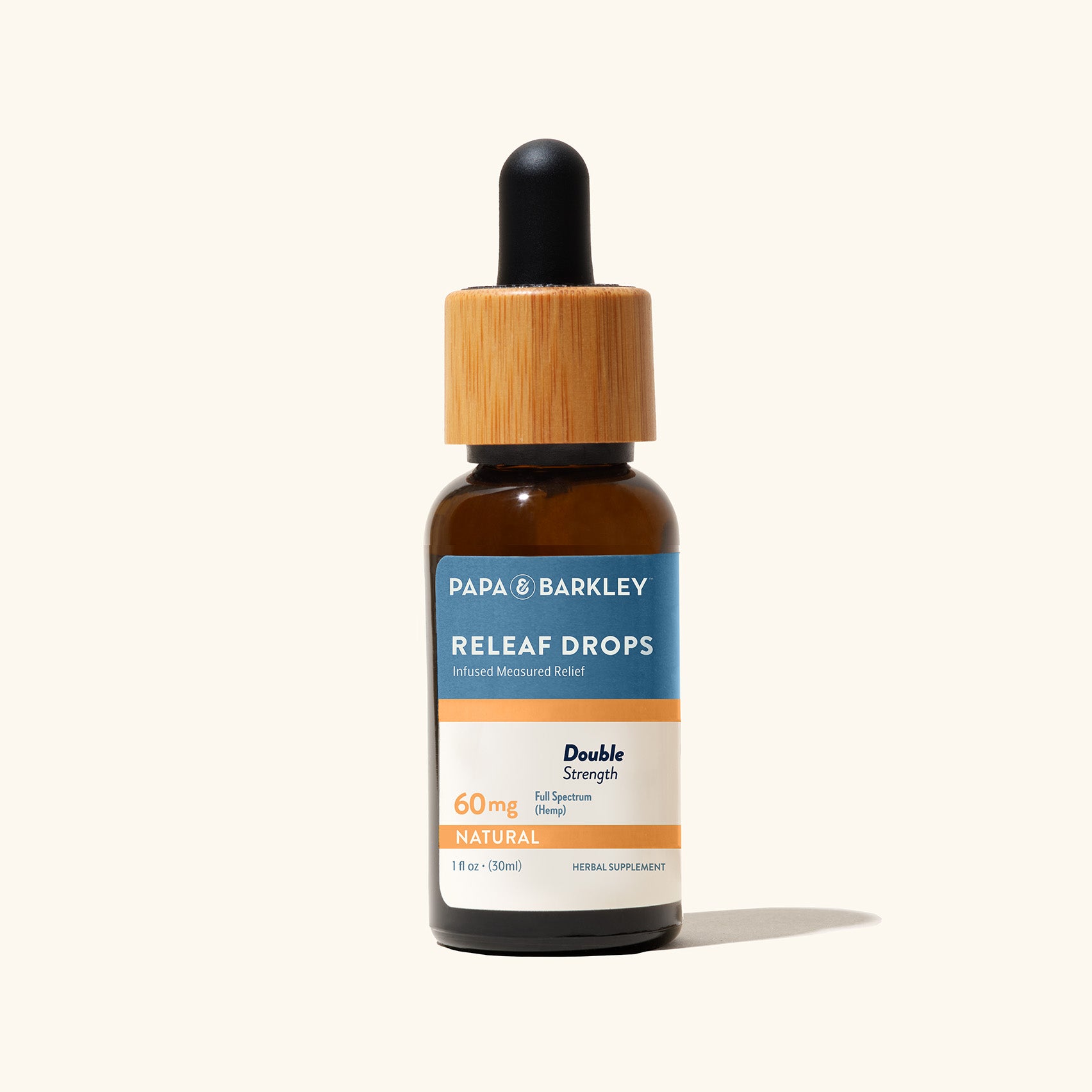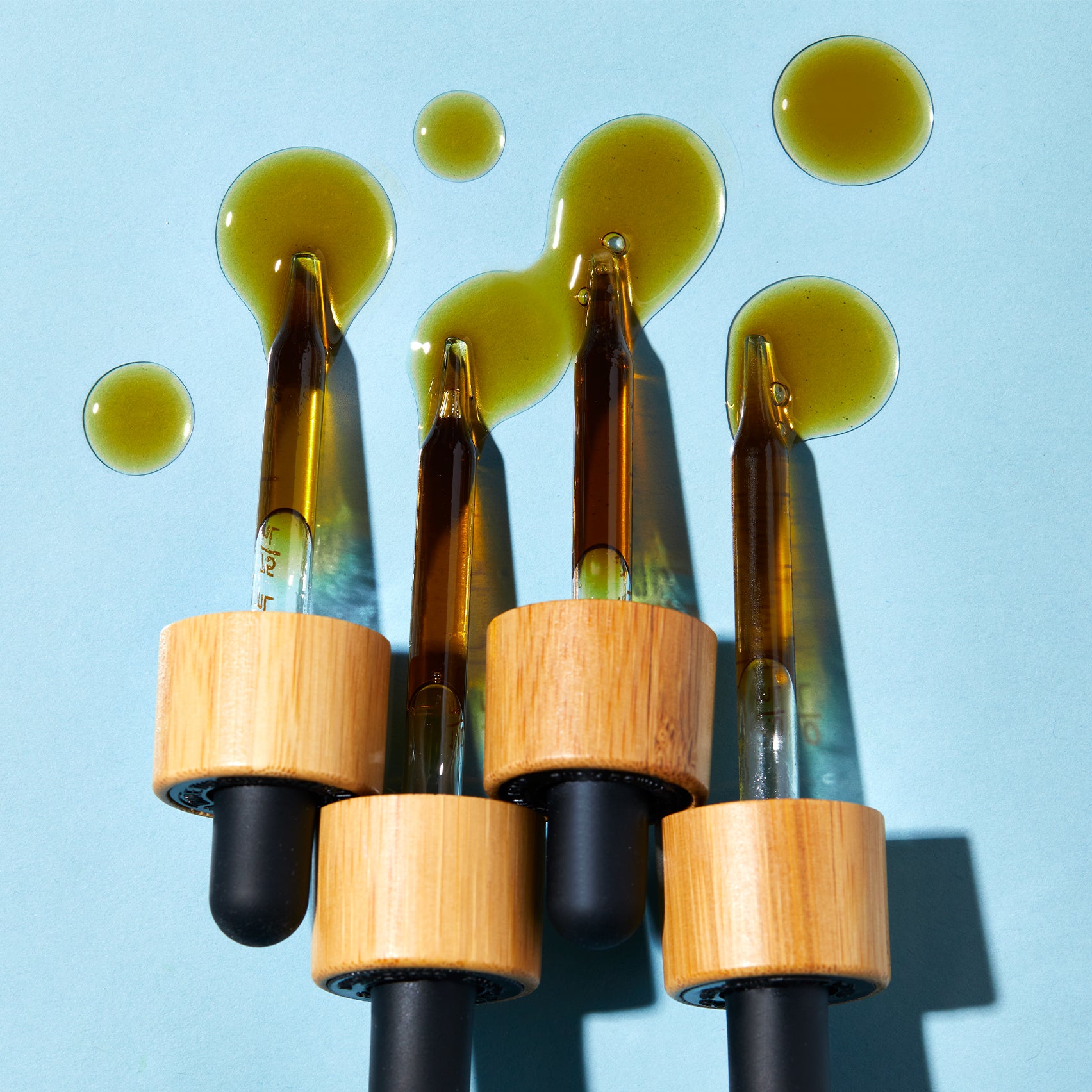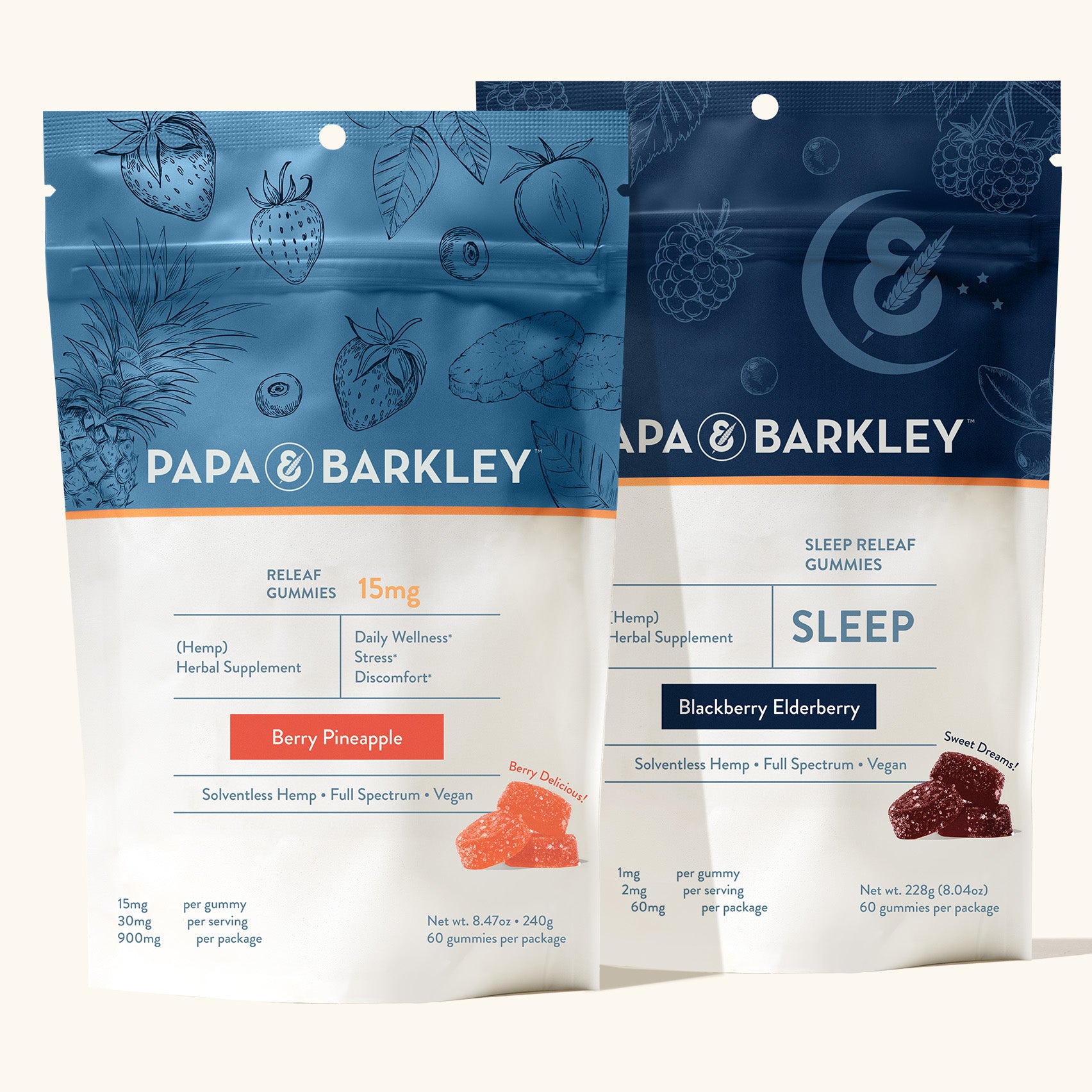If you’ve ever wondered why that old stash of cannabis tucked away in the back of your drawer was rumored to have certain effects, you’re not alone—scientists have been curious about this cannabis folklore for ages. Recent research from the University of Sydney’s Lambert Initiative for Cannabinoid Therapeutics is shedding light on cannabinol (CBN), a cannabis component that’s generating interest for its unique properties.
So, What’s CBN Anyway?
We’re all pretty familiar with CBD and THC by now. But CBN is a lesser-known cannabinoid that forms when THC breaks down over time. Picture it as the “chilled-out” version of THC’s original form, mellowed with age. Unlike THC, CBN doesn’t leave you feeling “high” or intoxicated. Researchers are increasingly interested in CBN for its potential to influence overall wellness, and this new study is among the first to explore its effects using objective measurements in preclinical models.
What Did the Scientists Actually Find?
In their experiments, researchers gave rats purified CBN and then monitored their resting patterns with specialized equipment. The results indicated changes in rest-related behavior and cycles. The study provides a foundation for further exploration into how cannabinoids like CBN interact with the body’s endocannabinoid system and natural rhythms. (Note: These preliminary findings in animal models do not necessarily translate to humans and are not indicative of the effects of any specific product.)
What’s the Big Deal About REM and Non-REM Sleep?
REM sleep is considered important for cognitive and emotional processes, while non-REM sleep is associated with overall rest and recovery. The study found that CBN influenced both types of sleep cycles in rats. More research is needed to determine how these findings could translate to humans and general wellness routines.
And the Best Part—It’s Non-Intoxicating!
Unlike THC, CBN isn’t going to cause intoxicating effects. It doesn’t activate CB1 receptors in the brain the way THC does. Researchers also observed that a metabolite (a kind of “breakdown buddy” created when your body processes CBN) had an effect on these receptors. This suggests that CBN’s interaction with the body may be more complex than originally understood.
What’s Next for CBN Research?
What about humans? The research team has a parallel human trial underway (not yet published) to explore CBN’s effects. Early reports support further investigation, but additional research is needed to understand its full potential and optimal applications.
In the future, CBN may be studied in combination with other cannabis compounds or supplements to explore possible synergies. The scientists at the Lambert Initiative are already working on a preclinical drug discovery program around CBN, exploring new ways to unlock its potential.
Takeaway: CBN Is the New Cannabinoid in the Spotlight
While THC and CBD have received significant attention in recent years, CBN is emerging as an intriguing compound for cannabis researchers. Early results in preclinical models provide a starting point for understanding its possible contributions to wellness. Stay tuned as more research emerges on this unique cannabinoid!



